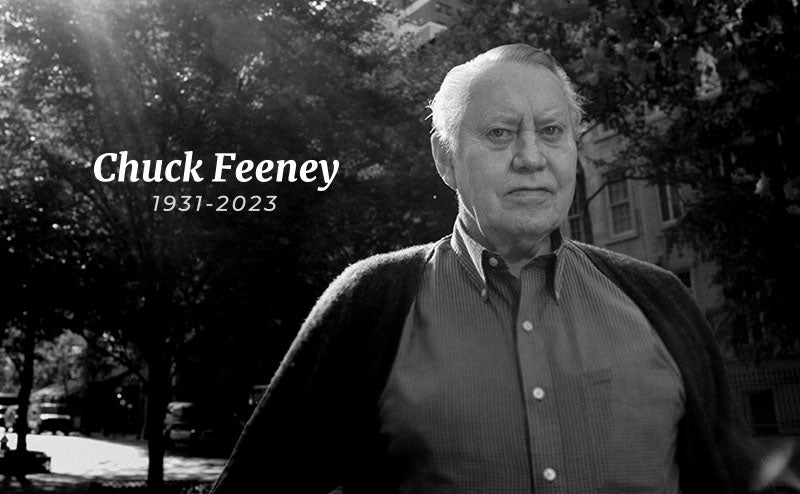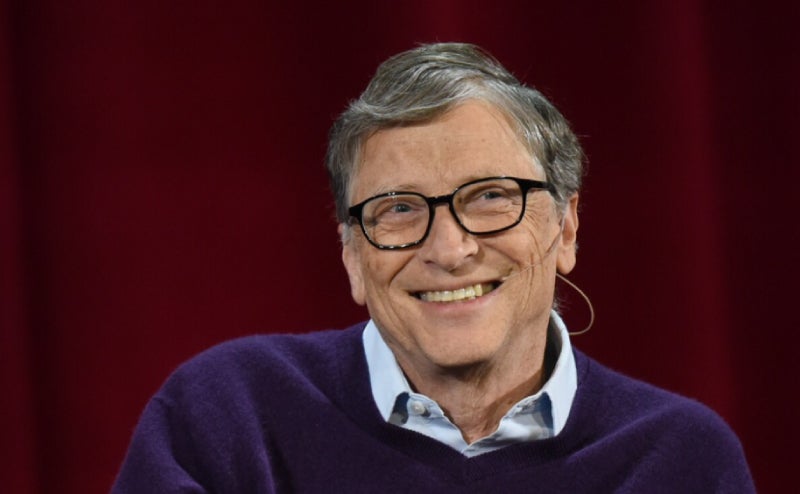Whatever your summer plans are, I hope you find something here to help you make the most of them.
I’m a card-carrying member of the capitalism fan club. Capitalism is the best system ever devised for harnessing self-interest to drive innovation and fuel economic growth.
But let’s face it: Capitalism is not good at meeting the needs of the very poor. Entrepreneurs and investors generally don’t sink their time, treasure, and talent into developing products for people who can’t afford to pay for them.
Government can offer services where the market does not and thus offer a safety net. But many governments do not take the long view, because of the short length of election cycles. And it’s hard for rich governments to justify big investments in research that may only benefit people in far-off countries—and they’re not well suited to bringing successful ideas to market.
When you come to the end of the innovations that business and government are willing to invest in, you still find a huge unexplored space of innovation where the returns can be fantastic. This space is a fertile area for what I’ve called “catalytic philanthropy.”
There are innovations out there that could generate earth-shaking returns. But if you’re in the private sector, you can’t even look at these investments because the returns won’t come to the innovator; they’ll go to poor people or society generally. The magic of philanthropy is that it throws off that constraint.
When Melinda and I made our first big grant for malaria research, it doubled the amount of money spent on it worldwide—not because our grant was so big, but because malaria research was so grossly underfunded. Thanks to a decade of intensified efforts, more than one million young children who would have died from malaria are alive today. And bigger wins in malaria are still to come. Melinda and I are optimistic that the world will have an approved malaria vaccine within a few years, which will start the countdown to eradicating malaria altogether.
You don’t necessarily need to find a problem that’s been missed. You can also discover a strategy that has been overlooked. Take our foundation’s work in education. Government spends huge sums on schools. The state of California alone budgets roughly $68 billion annually for K-12, more than 100 times what our foundation spends in the entire United States. How could we have an impact on an area where the government spends so much?
We looked for a new approach. To me one of the great tragedies of our education system is that teachers get so little help identifying the most effective teachers and then figuring out how well they measure up. As we talked with teachers about what they needed, it became clear that a smart application of technology could make a big difference. Teachers should be able to watch videos of the best educators in action. And if they want, they should be able to record themselves in the classroom and then review it with a coach. So now we’re working with teachers and a number of districts around the country to set up systems that give teachers the feedback and support they deserve.
With much of what we do, our goal is to provide seed funding for various ideas. Some will fail. The ones that prove out can get further support from other backers. We fill the function that government cannot—making a lot of risky bets with the expectation that at least a few of them will show some success. At that point, governments can invest in innovations that have some track record, a much more comfortable role for them.
We hope to draw in not just governments but also businesses, because that’s where most innovation comes from. That’s what we’ve done in the field of vaccine development by setting up a system to make market incentives work in our favor. We told pharmaceutical companies that we would guarantee purchases of certain vaccines if they succeeded in delivering them—offering them reasonable (but not blockbuster) return on their R&D investments. And as we proved the value of this approach, governments put in money to add to the market incentives, and some drug companies began to work poor-world diseases into their business model.
Melinda and I did not invent catalytic philanthropy. The core concepts have been around at least 100 years, when the Rockefeller family stepped in to fill the gap between government and business and catalyzed the elimination of hookworm disease in the United States.
While the concepts are a century old, the formula remains as useful as ever. I encourage anyone who wants to make a meaningful difference at the local, national, or global level to look at the big opportunities businesses and governments leave untouched. If you’re able to forgo big financial returns and accept some risks, you’ll find enormous opportunities for improving lives.




